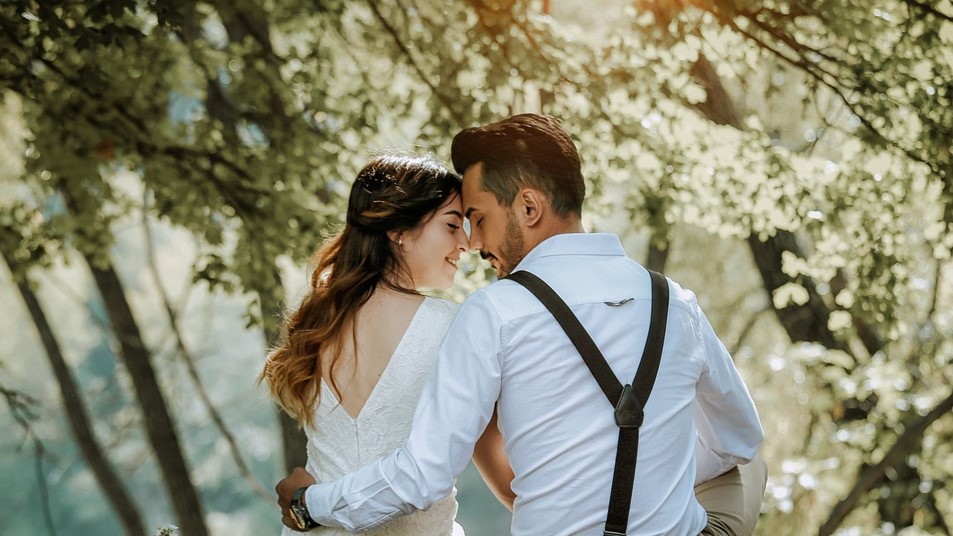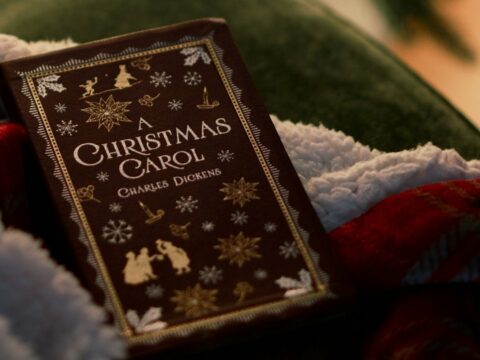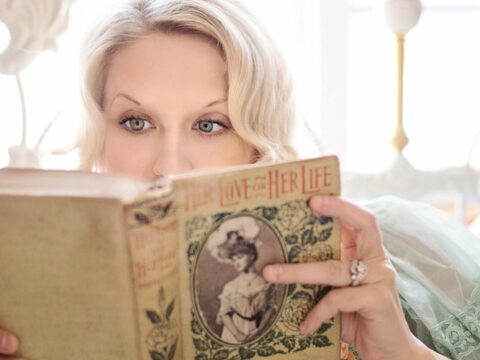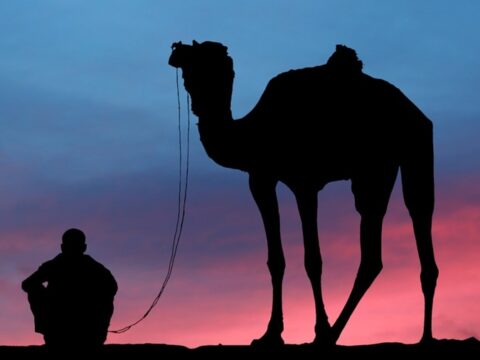Is it just me? Or have other people noticed that love interests are out of style right now? I’m a big fan of movies and young adult novels, and I’m seeing more and more that romantic storylines are quietly (or not-so-quietly) getting scrubbed out. Especially when there’s a female protagonist. And honestly . . . that makes me sad. Where have all the good love stories gone?
I often hear that this is actually a good thing. Not all women in books and movies have to end up married or in a committed relationship to be happy. Which fair enough. But I’m also confused when the alternative became the gold standard of happy and empowered. What’s wrong with falling in love? But I suppose I already know why this trend started . . .
The Rise and Fall of the Dreaded Love Triangle
If you ask me, the aggressive popularity of love triangles in the early 2000s was the beginning of the end for good love stories. And there really were an infinite amount of those love triangles. Twilight, The Hunger Games, Gilmore Girls, The Vampire Diaries, The Summer I Turned Pretty, Jane the Virgin, The Selection trilogy, the Matched trilogy . . . The list goes on and on forever. For the record, love triangles aren’t a new thing. Old classic books like The Great Gatsby and Little Women both have love triangles. And well-executed love triangles certainly exist. But it’s safe to say that between about 2005 and 2015, the love triangles mania got WAY out of hand.
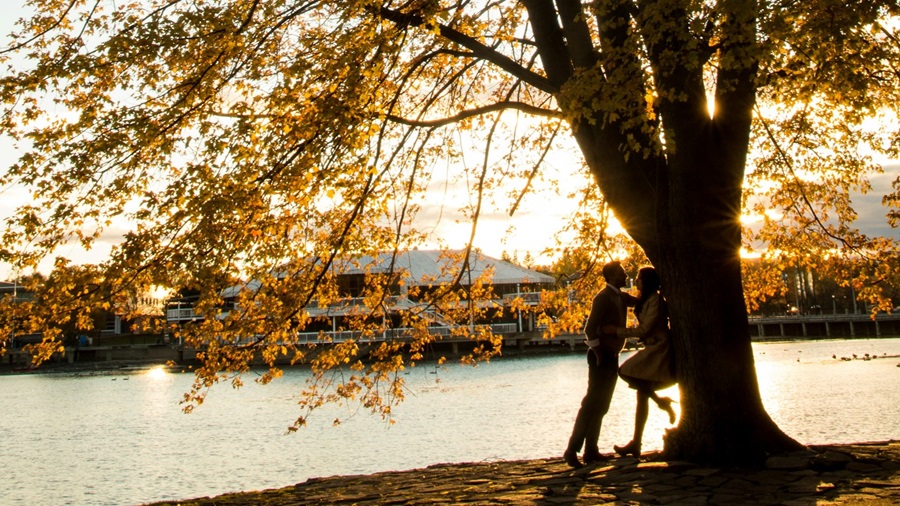
The result? Even teenage girls—who are known for loving relationships in their books—started rolling their eyes at these overblown romances. Granted, YA romance can be incredibly lazy. There are gems in the genre for sure, but teen romance is often tossed in there to check a box. No matter how cheesy or frustrating that love story is. It’s no wonder so many readers are sick of romance.
Then There’s All that Disney Insta-Love . . .
The other media source that I blame for the death of good love stories is definitely Disney. Don’t get me wrong, I passionately love classic Disney movies. But I also acknowledge that they’re packed with unhealthy messages about love and a ridiculous amount of insta-love too. Obviously these movies are based on fairy tales, which almost always end with a heroine getting married. But Disney took this idea of fast marriage and injected way more meaning into it than physical attraction. I’ve written about love at first sight before, and Disney is perhaps the worst offender of spreading this misconception.
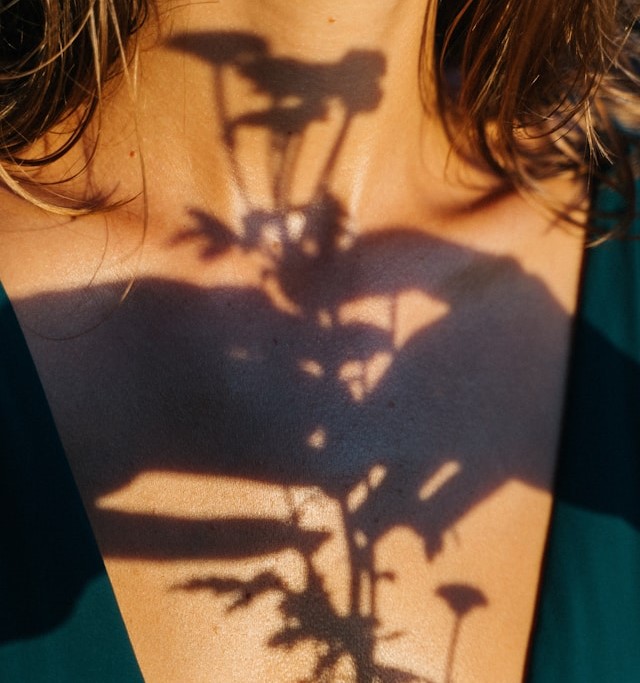
After the backlash to all this insta-love, Disney has course corrected by making movie after movie with no romantic love at all. This decision to explore other kinds of relationships between siblings, parents and children, or platonic friendships isn’t actually a bad one. I love stories that explore all the possibilities and complexities of human connection.
But Can’t We Still Enjoy a Little Romance? Please?
Even if it isn’t the main focus of the story, I just love love. And I can’t be the only one. As writers are attempting to please the haters and make their female protagonists look strong and independent, the storytelling pendulum has now swung too far in the opposite direction. When exactly did falling in love become anti-feminist? Forced arranged marriage is one thing, but I thought we wanted girls to make their own decisions.
If no one else will point out the obvious, then I will: girls LIKE falling in love! Falling head over heels for someone wonderful is a breathtaking experience. And it’s a truth universally acknowledged that the majority of young girls are super preoccupied with the idea of bumping into their future someone. Yes, there are girls out there who hate romance. But generally speaking? Romance became a staple of YA novels because teen girls are notoriously interested in it. Stereotypes exist for a reason! Even teens who scoff at romance are most likely uncomfortable with it rather than disinterested. I’m just saying.
Also, Romance in Books Isn’t Just Junk Food
People seem to think that the lovey-dovey parts of stories are the fluffy stuff. The airy cotton candy portion that lacks substance and could be cut out with nothing lost. This is seriously missing the point of good love stories. Sure, characters learn and grow through romance, sometimes in more transformative ways than any other context. But what about the emotional effect of young readers considering love and attraction for the first time? What about kids who turn to books to learn what healthy and unhealthy love actually looks like?
This brings up an important point we haven’t addressed: good love stories have a big impression on young minds. Relationships that are abusive, toxic, or seriously manipulative should NOT be glamorized in various forms of media. Because the kids who watch this stuff are forming their own blueprints of what an incredible significant other might be like.
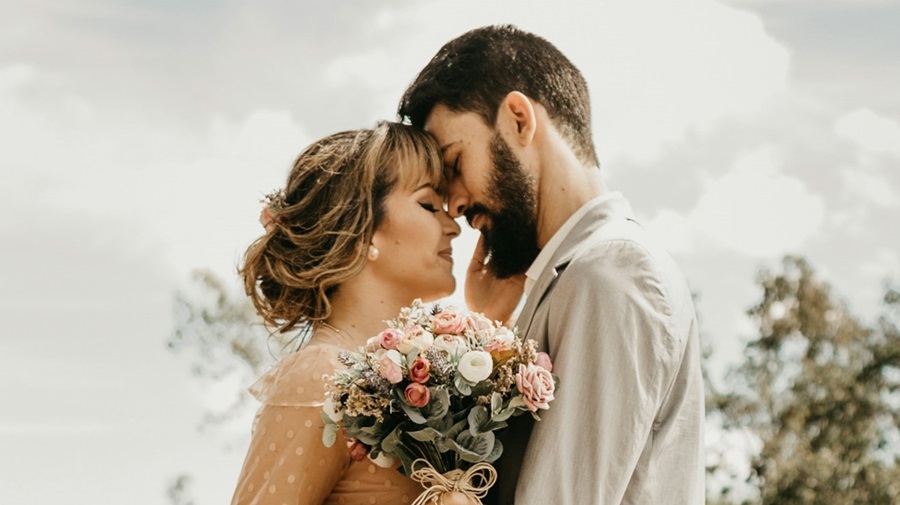
Speaking as someone who was once wildly uncomfortable talking to boys (even talking about boys, for that matter), I can attest that teen me gobbled up romantic plotlines faster than Hostess Twinkies at that age. Books were a safe, unintimidating, and blessedly private zone to untangle the complicated experience of going through puberty. And reading invited the natural feelings of wishing that something romantic might happen to ME in real life.
Personally, I think teenagers need these innocent, relatable depictions of romance as they’re developing through adolescence. Sure, they could dive headfirst into the genre dedicated solely to romance, but many of those stories (most?) are way too graphic and completely unrealistic. I also don’t like the idea of young people getting the impression that romance is a silly thing to want. Or that stories lacking romance are automatically better or more legitimate.
Honestly, this Lack of Good Love Stories Is a Feminist Experiment that Went Wrong
Hear me out. I get that watching every single female protagonist end up married or dating can be tiresome. I get the need for variety. At the same time, I reject the idea that romance is inherently “problematic.” Should people choose a partner very carefully? Yes. Should people date a good long time before making a spiritual and legal commitment to ANYONE? Also yes. But we are seriously past the point in history where women are being imprisoned in marriages they don’t want. People change their minds about being married all the time, which isn’t necessarily a good thing, but I digress.
My point is that romantically committing to someone generally adds to a person’s life rather than taking away from it. I hope that the people who scorn marriage and motherhood are in the minority, but I have to wonder sometimes . . . For the record though, falling in love isn’t weak or childish or a waste of a woman’s potential. Maybe before birth control existed that was slightly true. But it’s 2024, people. Love is not a death sentence. And women who end up in a couple—married or not—can still work and play and travel and dream. They just do all those things with another person by their side, which makes most things in life WAY better.
Let’s Bring Back Good Love Stories—Because Personally? I Miss Them
I acknowledge that romance is very easy to do badly. But when it’s done well? There’s not much I enjoy more in a story. I personally have never been a romance novel reader. In my experience, good love stories are way more abundant—and frankly more wholesome—in other genres. I love a good romance as a secondary plotline in fantasy, contemporary fiction, thrillers, and light historical fiction especially. It just hits the spot. And I’m all for making love stories more readable, healthier, and better suited for young readers generally.
It’s fun to ship characters. It’s delightful to watch the sweetness and awkwardness as feelings deeper than friendship bloom. Even if you know right from the beginning that two characters are end game, you don’t know HOW they’ll get together. Or what challenges they’ll face along the way. I understand that many people hate the tropes and predictability of romance, but some of us love the simplicity of fictional love. We get that it’s not like that in real life, but reading books and watching movies is all about escapism. And nothing helps me escape real life faster than watching a good love story unfold, even if it has familiar tropes. Tropes can still work.
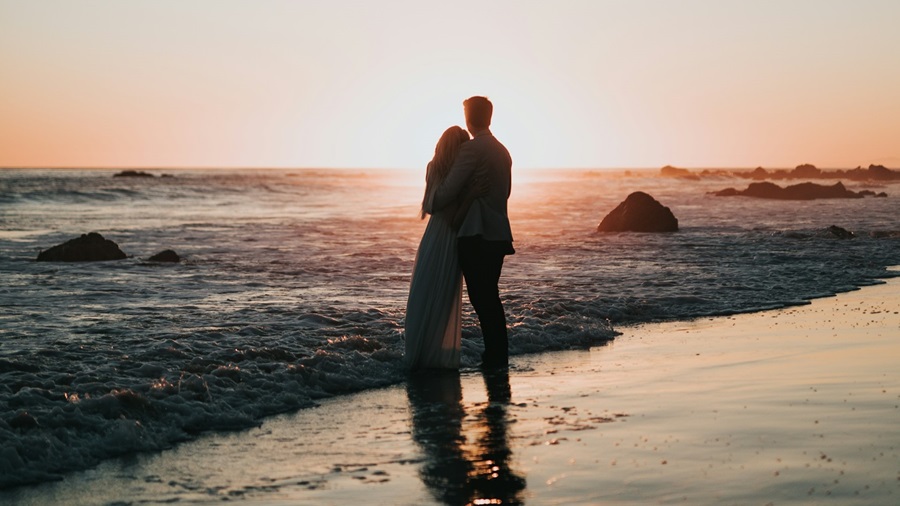
Most Importantly, Good Love Stories Embody a Core Human Desire
I won’t claim that wanting romantic love is universal. But the desire to be loved and chosen by someone you love is quite universal. It’s a deep-seated human need to long for connection, even for someone so terrified of love that they’ll sabotage it.
I personally think that romantic love is the most mysterious, intense, and sought-after version of love that exists. Which is why human beings have been writing stories and poetry about it for centuries. The desire for sex and companionship is just that powerful in the human psyche. So no, I don’t think it’s ridiculous for a bit of romance to show up in just about every story. It’s part of life.
And love is wildly fun to read about in the safety of your room. Especially while swathed in a fluffy blanket and your favorite sweatshirt full of holes. I can’t be the only person here who adores reading about drama that isn’t mine. And when fiery drama burns itself out into a romantic happy ending . . . there’s really nothing better to read. But that’s just my opinion. ❧

